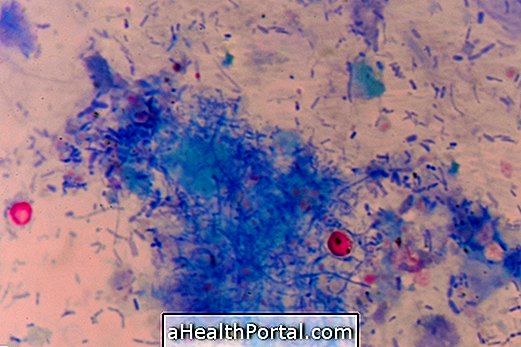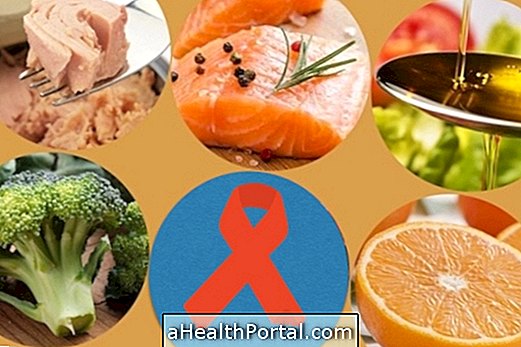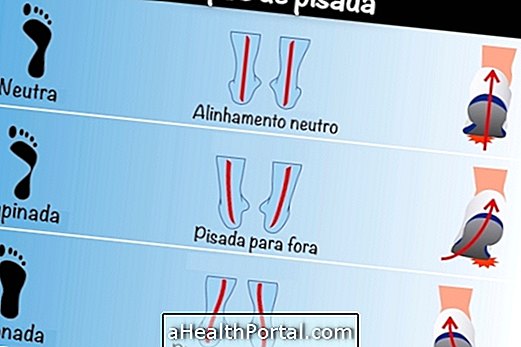Bird flu does not pass from person to person and there are also no cases of contamination through the consumption of the meat or eggs of these animals. The most commonly infected animals are chickens, ducks, turkeys and geese but there are no recorded cases of avian influenza in animals or humans in Brazil.
This type of influenza caused by the H5N1 influenza virus rarely affects humans but can be serious and put a person's life at risk because it can have complications such as difficulty breathing, pneumonia and bleeding. This flu initially affects these animals but can contaminate humans who have direct contact with diseased animals.

Symptoms of bird flu
The symptoms of bird flu in humans appear about 2 to 8 days after contact with the infected animal, mainly through contact with their urine, feces or saliva, but also through contact with surfaces exposed to it. The first signs are similar to those of an ordinary flu and they suddenly appear:
- Sore throat
- High fever, above 38ºC
- Body ache
- General malaise
- Dry cough
- Chills
- Candor
- Sneezing and nasal discharge
- There may be abdominal pain
- There may be bleeding from the nose or gum
Transmission of the virus from birds to humans can happen through contact with feathers, feces or urine of an infected animal but simply inhale the dust content of these small particles to be contaminated.
Virtually all registered cases of human bird flu in the world have had direct contact with infected animals.
How is the treatment done?
Treatment of bird flu in humans should be indicated by the doctor but can be done with measures such as the use of antiviral drugs that help control viral multiplication in the blood. Medications may also be used to control vomiting and reduce fever, but antibiotics are not recommended.
Bird flu has a cure but about half of the cases in humans have been fatal and so this should not be treated like an ordinary flu, and it needs to be evaluated constantly by the doctor.
Possible Complications
After being infected by the bird flu virus the person should develop the simplest form, such as an ordinary flu. However, complications such as respiratory distress or pneumonia can arise, for example.
The people who may have major complications are children, the elderly and people with weakened immune systems because their body takes more time to react. Thus, if these are contaminated they should be hospitalized to receive the appropriate treatment in the hospital.
How to prevent bird flu
To prevent bird flu, you should avoid direct contact with infected animals and always wear rubber boots and gloves when handling the animals, taking care of all necessary hygiene. If a bird is suspected of being contaminated or if a dead animal is found, contact the animal safety agency in your country and do not touch the dead animal in order not to be contaminated.
Humans who show signs of bird flu should be investigated because the virus may mutate and thus pass from one person to another, with the risk of a pandemic.























